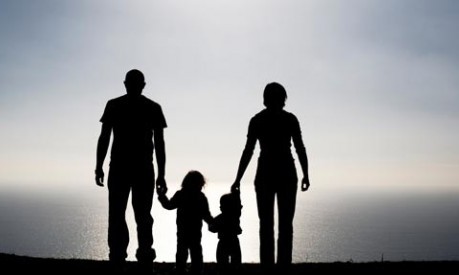The day after Stephanie Blessing learned she had been conceived with the assistance of a sperm donor and that the man she knew and loved as her father for 32 years was not her father, she went into shock. She remembers sitting in her rocking chair, staring into space. It was so bad, her husband had to remind her to do something as basic as changing their baby’s diaper.
“I was just catatonic,” she said.
The shock turned into depression, as she began to mourn what she had lost. “I was a daddy’s girl. I had a great childhood, and was the apple of my non-biological dad’s eye. [I] adored my dad,” said Blessing, a homeschooling mother of five, who lives in Tennessee.
“It really hurt to find out [my dad] wasn’t mine in the way I thought he was,” she said. “I grew up hearing about his dad being a cowboy. Everybody on dad’s side of the family could tool leather like nobody…my grandmother, who is about to turn 100…they aren’t mine anymore,” she said.
Then, she began to mourn the loss of her biological father. “As much as my dad adored me, it hurts to know that the man who helped create me chose to have nothing to do with my life,” said Blessing. “People are deceiving themselves if they think they can love somebody enough to make up for the person who isn’t there.”
She had never suffered from depression before, and her husband, an evangelical pastor, had no experience in dealing with an issue quite like this one.
Blessing was finally told her conception story due to concerns she had over her dad’s failing health from progressive supranuclear palsy, a condition similar to Parkinson’s disease. Once in robust health, her father was having an array of physical and cognitive problems, and his health appeared to decline more with each visit. Was Blessing genetically disposed to this disease? Would her husband have to take care of her the same way her mother now had to take care of her father? Continue reading
Sources
